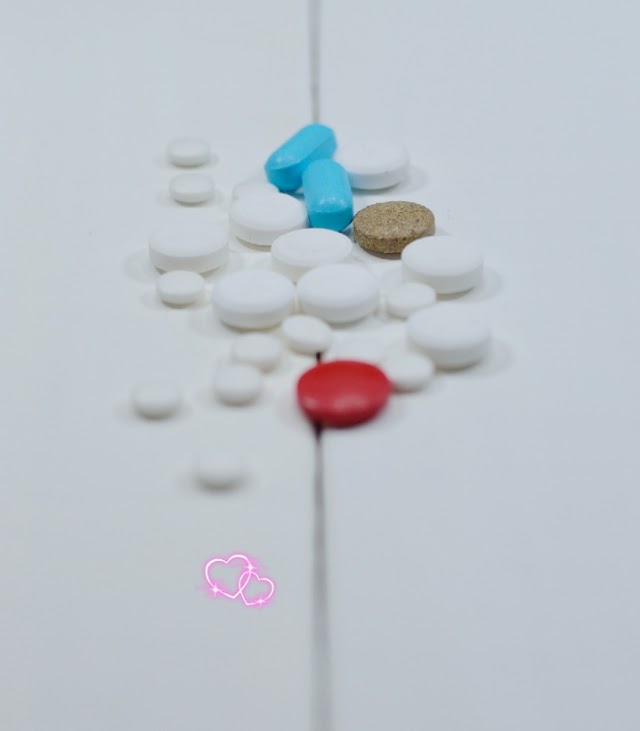Ginkgo Biloba
INTRODUCTION:
The Ginkgo biloba is the oldest living tree species, estimated to be 150-200 million years old. It has got characteristic fan-shaped
bilobed leaves. The active ingredient of Ginkgo Biloba was first delivered to Europe. Now it is one of the most commonly
prescribed drugs in France and Germany. Now it is also popular in
the United States and parts of the world. It is the well-researched herb in the world. It is used in herbal remedies in the world. A Survey found that
ginkgo was the seventh popular natural product in the
United State in 2007.
Many clinical studies have given evidence that ginkgo herb
prevents relief in many cases. It benefits many problems throughout the entire body especially thanks to its neuroprotective properties and ability to solve Circulatory problems in the elderly.
CONSTITUENTS:
This extract of Ginkgo Biloba contains two active
constituents.
i.e. Flavonoid Glucosides 24% namely kaempferol,
Quercetin and Isorhamentin, and Terpene Lactones 6% namely
Ginkgolides A.B,C, and Bilobalide. The medical benefit of Ginkgo
depends upon the right balance of those two active compounds.
PHARMACODYNAMICS:
Generally. Ginkgo works by increasing blood flow to the brain and
throughout the body's network of blood vessels. It promotes the supply of blood and oxygen to the organ systems.
The Flavonoid component of Ginkgo acts as an antioxidant. It
protects against cell membrane damage. This antioxidant property affects the brain, the retina of the eye, and
the cardiovascular system. The Ginkgolide component in terpene lactone competes with and inhibits Platelet Activating Factor (PAF). It prevents platelet aggregation. It improves blood flow in the brain as well as in peripheral circulation.
Biobalides are considered stimulating the regeneration of damaged nerve cells. These are responsible for improving memory and
mental activity.
INDICATIONS:
1. Cerebrovascular insufficiency impairment and its functional
manifestation.
for example, Cognitive disorders involving memory
Attention, awareness, etc. For Example, A Alzheimer's Disease,
Dementia is Specially Associated with aging (senile dementia).
2. In addition it is also helpful in Tinnitus, Vertigo, Menieres s
Disease and Muscular Degeneration.
3. Depression, resistance to standard Antidepressants like tricyclic
antidepressants.
4. Peripheral vascular disease for example Diabetic foot, etc.
5. Sexual dysfunction of vascular Origin commonly, in case
of antidepressant
DOSAGE AND ADMINISTRATION:
The general recommended daily dose range is 120-240mg in
divided doses. However, in most of the conditions the higher
dose i.e. 240mg to be taken as 1 tsp b.i.d is preferred for
better results. It might be recommended as prescribed by the physician in case of disease. The Optimal Duration of
treatment is not determined. In chronic conditions,
the Ginbex should be recommended for at least 4-8 weeks. It has been proved that the longer the treatment is continued more obvious and lasting the results are.
CHILDREN:
Ginbex is not recommended under two years of age in children.
FERTILITY PREGNANCY:
In experimental, no indications were found for embryotoxic,
mutagenic, or teratogenic effects. The Oral administration of up
to 1600mg/kg/day to rabbits did not produce a teratogenic
effect. The data on adverse effects of Ginkgo preparation concerning fertility, pregnancy, and lactation is not available.
Gnbex (Ginkgo biloba extract)
It is Highly Effective in Treatment of Intra Uterine Growth Restriction.
CONTRAINDICATIONS
Ginbex should not be given to patients with hypersensitivity to the drug's ingredients. It Should not be
used in patients with hemophilia or other bleeding disorders.
DRUG INTERACTIONS:
The combined use with aspirin has been found to cause hematoma in some individuals. Use with aspirin
and other anticoagulants e.g. Warfarin should therefore be
avoided or done with extreme care.
ADVERSE EFFECTS:
Ginkgo Biloba appears to be a well-tolerated extract. The
occasionally reported side effects are gastrointestinal
include nausea, vomiting, increased salivation, loss of appetite, and heartburn. These effects are mild and uncommon.
PRESENTATION:
GINBEX is also available in tablets, one tablet contains 120 mg
of EGB 30 tablets.
GINBEX is available in Syrup 120 ml & 240 ml.






0 Comments